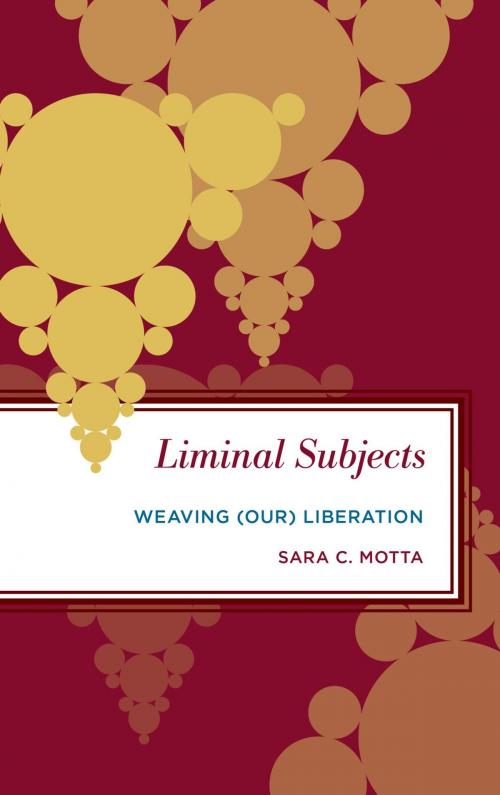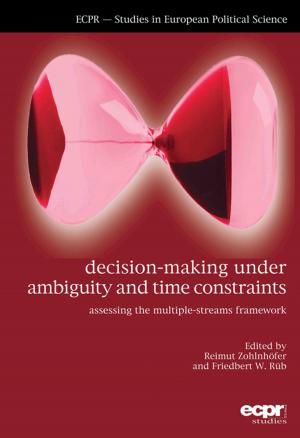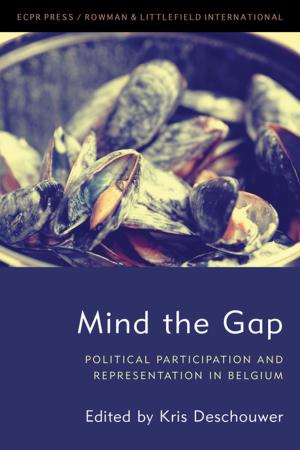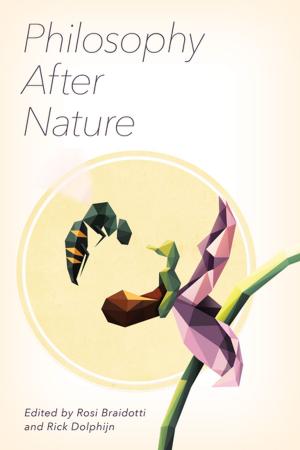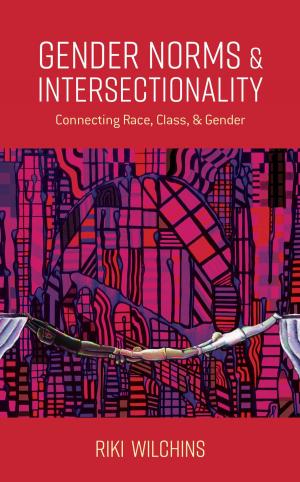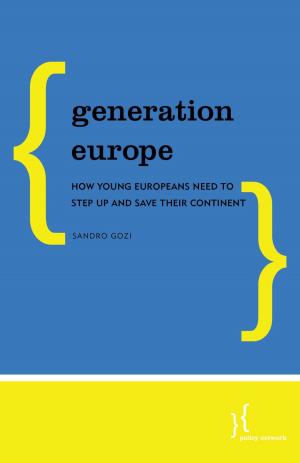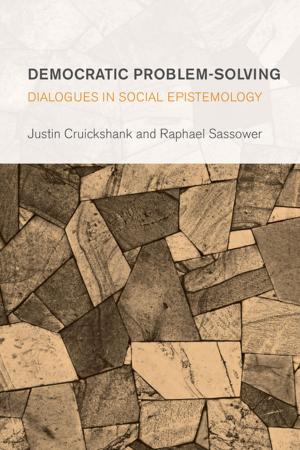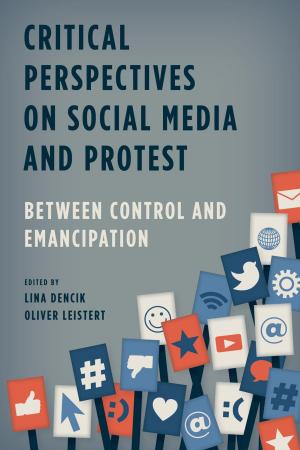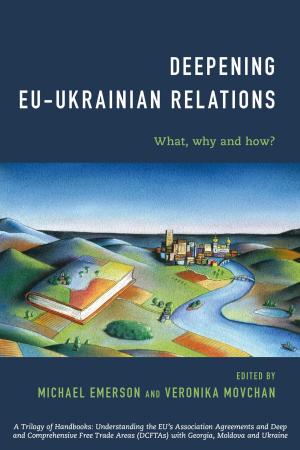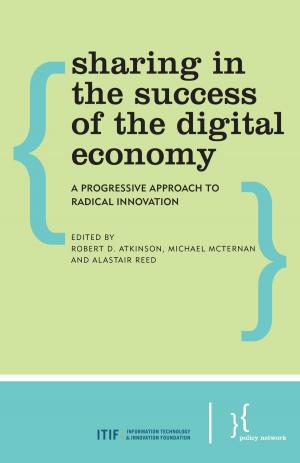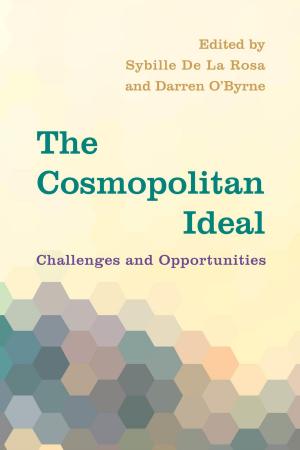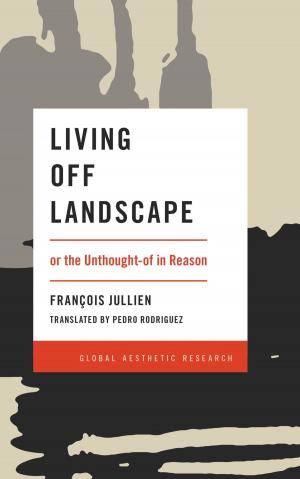Liminal Subjects
Weaving (Our) Liberation
Nonfiction, Social & Cultural Studies, Social Science, Gender Studies, Political Science| Author: | Sara C. Motta | ISBN: | 9781786608123 |
| Publisher: | Rowman & Littlefield International | Publication: | August 31, 2018 |
| Imprint: | Rowman & Littlefield International | Language: | English |
| Author: | Sara C. Motta |
| ISBN: | 9781786608123 |
| Publisher: | Rowman & Littlefield International |
| Publication: | August 31, 2018 |
| Imprint: | Rowman & Littlefield International |
| Language: | English |
Through the stories of women in movement in the Americas, Europe and Australasia, this book explores a decolonising and feminised politics of liberation which is being weaved through the words and worlds of black, colonised and subaltern women. These stories demonstrate the complex and multiple forms of critique as practice that are being developed by women in movement in multiple sites of the Global South.
Written through story, prose, poetry, analysis and offering case-studies, methodologies, practices and generative questions the book expresses and contributes to the (co) creation of a new language of liberation. This is an enfleshed language in which there is a return of the world to the word, of the body to the text, and of the heart/womb to thought. This is a language of the political in which a new political subjectivity that is multiple, deeply relational and becoming is formed.
The book offers a window onto the complexities and depths of the wounding enacted by patriarchal capitalist coloniality through these stories but it also offers, through sharing and conceptualising prefigurative and dialogical co-creation of critique, the gift of practices of healing as emancipation, and the conditions of possibility for our collective liberation.
Through the stories of women in movement in the Americas, Europe and Australasia, this book explores a decolonising and feminised politics of liberation which is being weaved through the words and worlds of black, colonised and subaltern women. These stories demonstrate the complex and multiple forms of critique as practice that are being developed by women in movement in multiple sites of the Global South.
Written through story, prose, poetry, analysis and offering case-studies, methodologies, practices and generative questions the book expresses and contributes to the (co) creation of a new language of liberation. This is an enfleshed language in which there is a return of the world to the word, of the body to the text, and of the heart/womb to thought. This is a language of the political in which a new political subjectivity that is multiple, deeply relational and becoming is formed.
The book offers a window onto the complexities and depths of the wounding enacted by patriarchal capitalist coloniality through these stories but it also offers, through sharing and conceptualising prefigurative and dialogical co-creation of critique, the gift of practices of healing as emancipation, and the conditions of possibility for our collective liberation.
